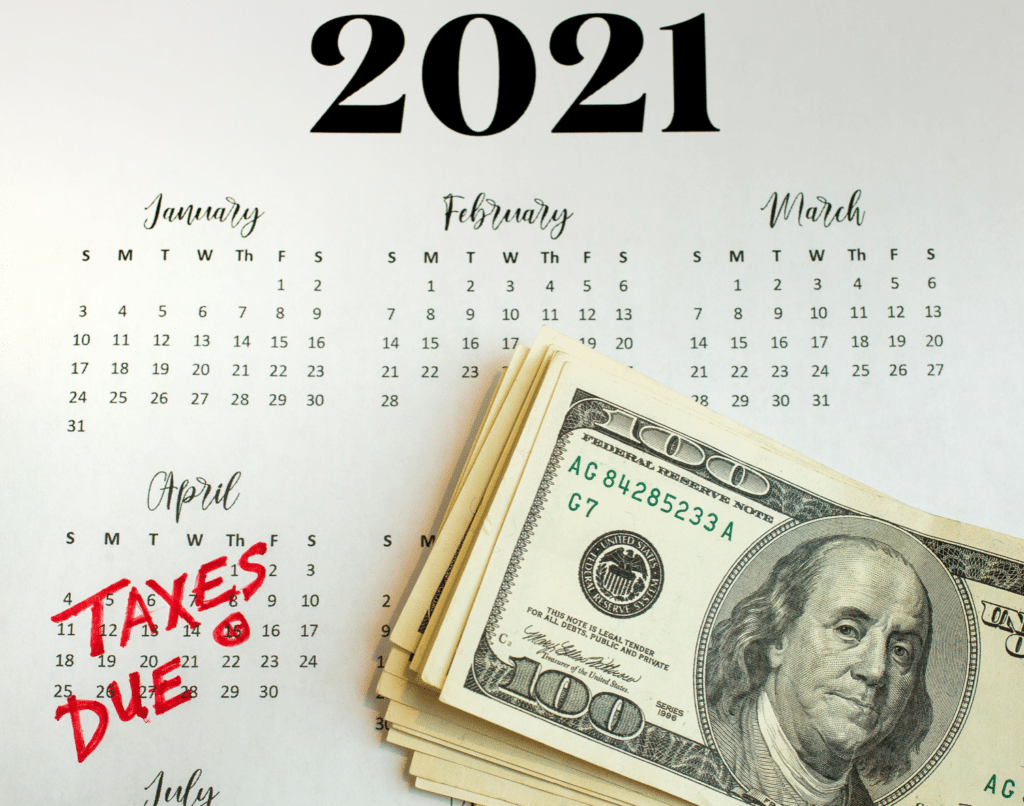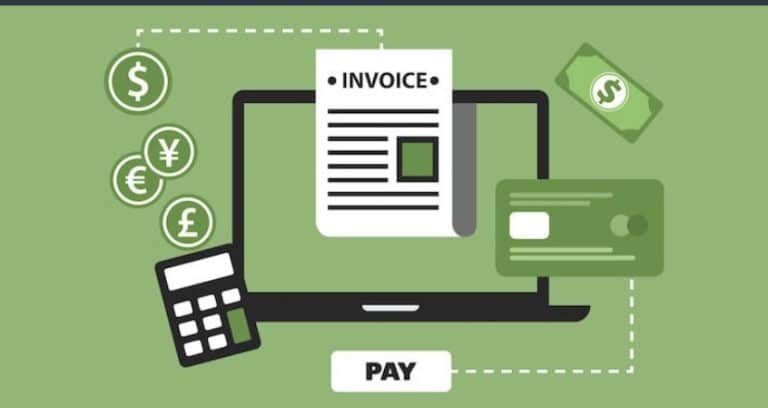While it’s still up in the air, the IRS could extend the tax-filing season again due to the ongoing COVID-19 pandemic.
by: Clifford Colby

Sarah Tew/CNET
For many people in the US, tax season is a stressful time of year — and this year, the time to file is shorter than in previous years. However, there’s hope, as the IRS could give the OK to push back the tax due date a few months. A House of Representatives committee, which asked the IRS for a nationwide extension, is waiting to hear back.
Extending the deadline throughout the country (instead of individuals filing extensions separately) could give taxpayers financial relief, as they’re already experiencing hard times due to the coronavirus pandemic. The IRS shifted the deadline back to July 15 last year to help struggling families who had experienced job loss due to COVID-19 company closures across the country.
However, if the tax filing deadline gets pushed back this year, it could affect more than your tax refund, if you’re expecting one. This year, your missing stimulus payments will be linked to your taxes, and your 2020 income could determine how much money you’ll get in a third stimulus check, plus it could affect when you’d receive a payment. Here’s what you need to know about this year’s Tax Day and how moving it back could affect you in more ways than one.
What is the House asking the IRS to do about this year’s tax deadline?
On Feb. 18, the House Ways and Means Committee sent a letter to the IRS, urging the agency to delay the deadline to file your tax return this year beyond April 15.
The letter didn’t suggest a specific new due date to file federal taxes, but it did point out that the IRS shifted back the deadline for 2019 taxes by three months, to July 15, because of the coronavirus. The committee urged the IRS to extend the tax return filing season again this year, “to eliminate unnecessary taxpayer and practitioner anxiety.”
The IRS hasn’t publicly responded to the committee’s request. CNET has reached out to the IRS for comment.
How would a new tax deadline affect the third round of stimulus checks for me?
Since stimulus payments and your tax return are interlocked this year, pushing back the tax date would affect the third stimulus check.
First, Congress proposes to have the IRS use information on your 2020 tax return, if processed, when it determines the amount you’d get in your third stimulus check. Specifically, the IRS would look at the AGI, or adjusted gross income, on your 2020 form to help figure out your payment, using a new stimulus check formula. But the tax agency would use your 2019 return if you hadn’t yet filed your form for 2020. That could work in your favor if your income from 2019 was lower than your income from 2020. However, if your 2020 tax return would bring you a larger third stimulus check, like if you have more dependents, you’d want to file as soon as possible, so the IRS processes your 2020 taxes before releasing your third stimulus check.
Postponing the tax deadline would give you more time to file, but again, it would also mean you’d have to wait longer to receive any missing stimulus money, and if there’s a difference between your 2019 and 2020 taxes, you’d have to wait until tax season 2021 to claim it.
What a new tax deadline could mean for any missing stimulus payments
Your federal tax returns this year are also how you’ll recover any money the IRS owes you from the first two stimulus checks. If you either didn’t get a payment or got less than you were eligible to receive, you can claim that money on your federal tax formsas a rebate credit when you file this year. That goes for nonfilers, too — those who aren’t normally required to file a tax return. If you wait to file your taxes closer to a new, later due date, you’re also waiting to receive your money, which will be bundled into your tax return.

If the IRS extends the filing due date, will that delay me from paying my taxes, too?
If you file a tax extension, that gives you more time to complete and send in your paperwork to the IRS. But that doesn’t get you off the hook for any taxes you owe. Whether it’s April 15 or a later date, the IRS expects you to pay by the filing deadline or you’ll also be responsible for paying interest accrued on the amount plus a late-payment penalty.
Would my state’s tax due date also change with the new deadline?
Last year, all states that collect personal income tax shifted their filing deadlines to around the July 15, 2020, federal tax deadline, according to the American Institute of CPAs. If the IRS postpones the filing deadline again this year, we expect states to follow.
For more details on taxes this year, we spell out the difference between a tax refund and a tax return, how tax season is different in 2021 and three reasons to sign up for direct deposit when you file your taxes.
First published on Feb. 20, 2021 at 10:00 a.m. PT.




